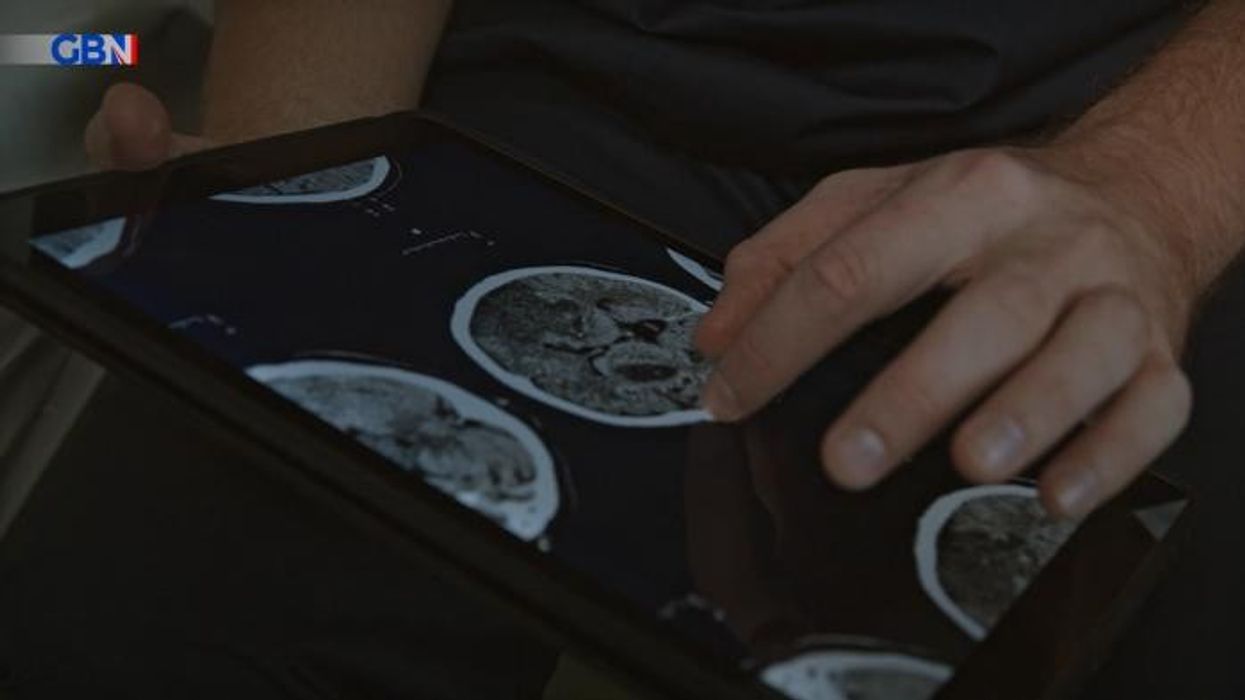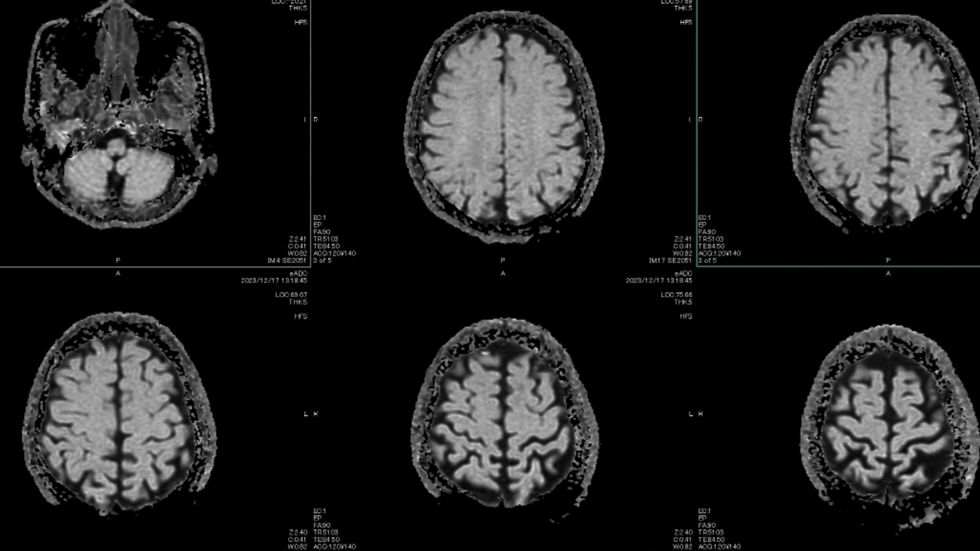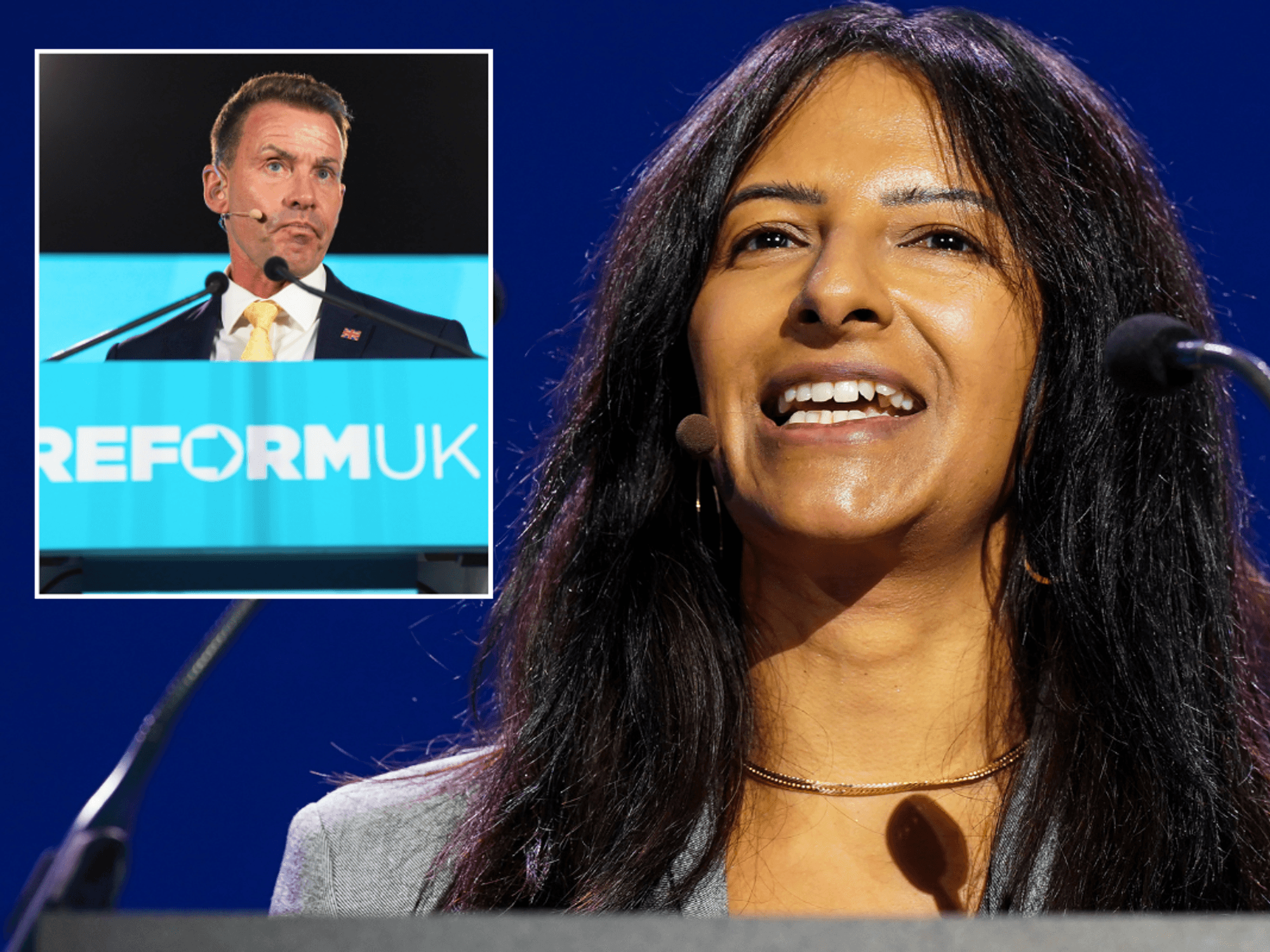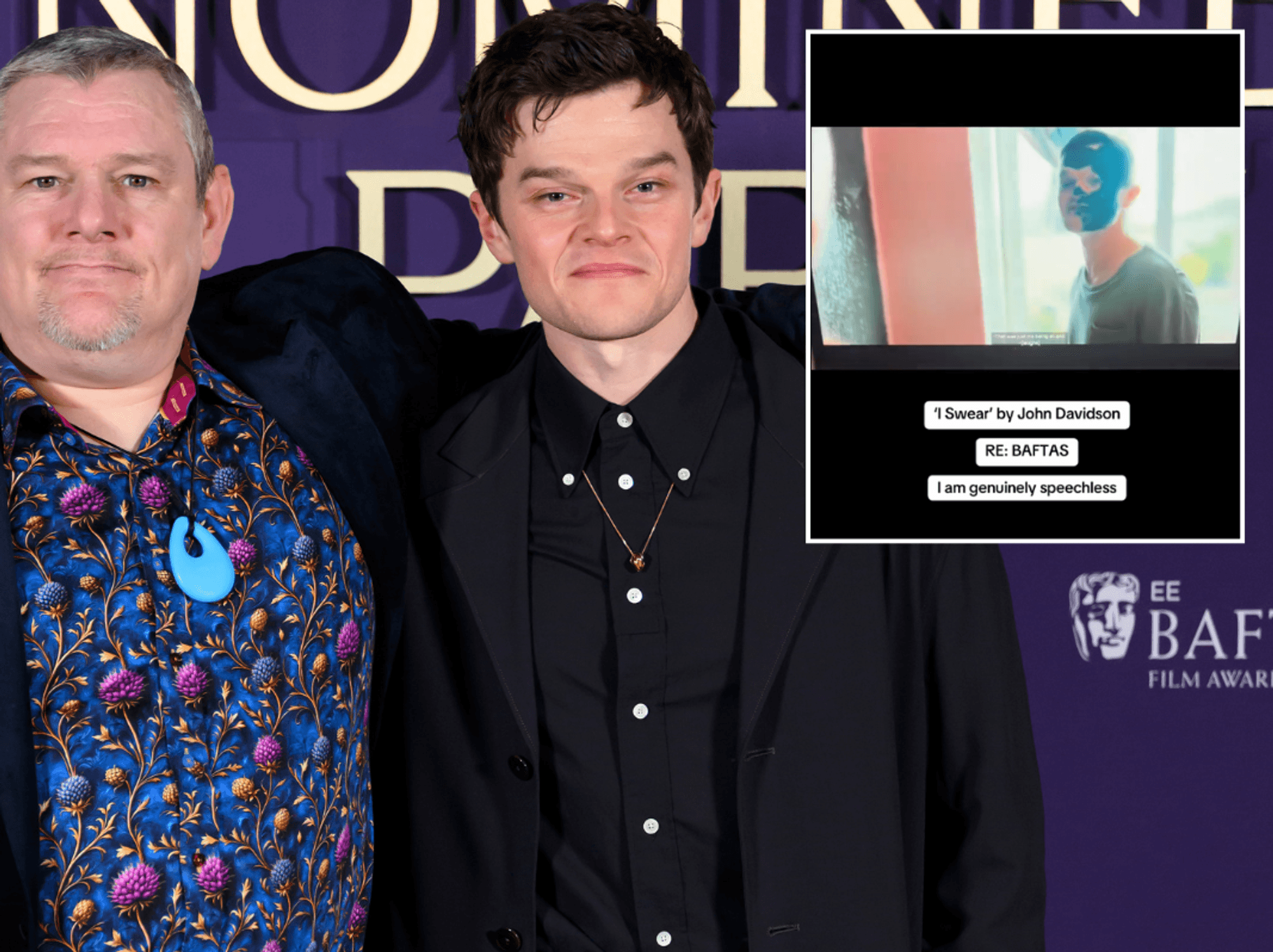Briton, 58, says partner and colleagues noticed troubling dementia sign 'years' before diagnosis

5 lifestyle habits that make the brain 'resilient' against dementia
|GBN

The 58-year-old had been sharing his expertise in house renovations when the symptoms began to manifest
Don't Miss
Most Read
Latest
A routine medical appointment revealed the first sign of early-onset dementia for Jim Rogers, a 58-year-old British man living in Australia.
During a visit to his cardiologist, his mobile phone kept ringing, prompting the doctor to ask him to silence it.
"She was like: 'Can you put it on silent?' And I had this blank where I couldn't even work it out," Jim told ABC News.
This simple inability to perform an everyday task alarmed his cardiologist. "And it was she who said to me: 'Are you experiencing problems like this?'" Jim recalled.

Jim initially suspected work-related stress might be responsible for his difficulties
|YOUTUBE / ABC
The incident led to his eventual diagnosis at age 55.
Jim, originally from the UK, was working in Australia's house renovation sector when symptoms first emerged. His colleagues began noticing concerning signs that something wasn't right.
His partner, Tyler, also observed worrying changes in his behaviour, prompting Jim to seek medical advice, initially suspecting work-related stress might be responsible for his difficulties.
The 58-year-old had been sharing his expertise in house renovations when the incurable neurological condition began to manifest.
It was during this period that those closest to him first detected the tell-tale symptoms that would eventually lead to his consultation with the heart specialist.
Following the cardiologist's referral, Jim underwent comprehensive testing at a memory clinic.
"They analyse all sorts of things about the way you perceive information, they sent me for brain scans, they do all sorts of stuff," he explained to ABC News.
The clinic arranged for him to see a neurologist, who ultimately delivered the formal diagnosis of young-onset dementia. Jim believes he had been experiencing symptoms for a significant period before receiving medical confirmation.
"I think I was having symptoms for a couple of years until I actually got my diagnosis," he reflected. The testing process revealed that his difficulties had been developing unnoticed for up to two years.
LATEST DEVELOPMENTS

Jim is committed to raising awareness about early-onset dementia
|GETTY
The diagnosis came as a profound shock to Jim and his husband, Tyler. "I looked at Ty, and he was clearly very upset, and so I knew it was heavy, but I didn't know much about Alzheimer's," Jim said.
His understanding of the condition was limited at the time. "I just thought it was an old person's disease," he admitted.
Since receiving his diagnosis, Jim has committed himself to raising awareness about early-onset dementia. His story emerged as Australia approved Kisunla, a new medication for early-stage Alzheimer's disease.
The drug offers hope for some patients, though experts estimate only 10 to 20 per cent of dementia sufferers will be suitable candidates.










